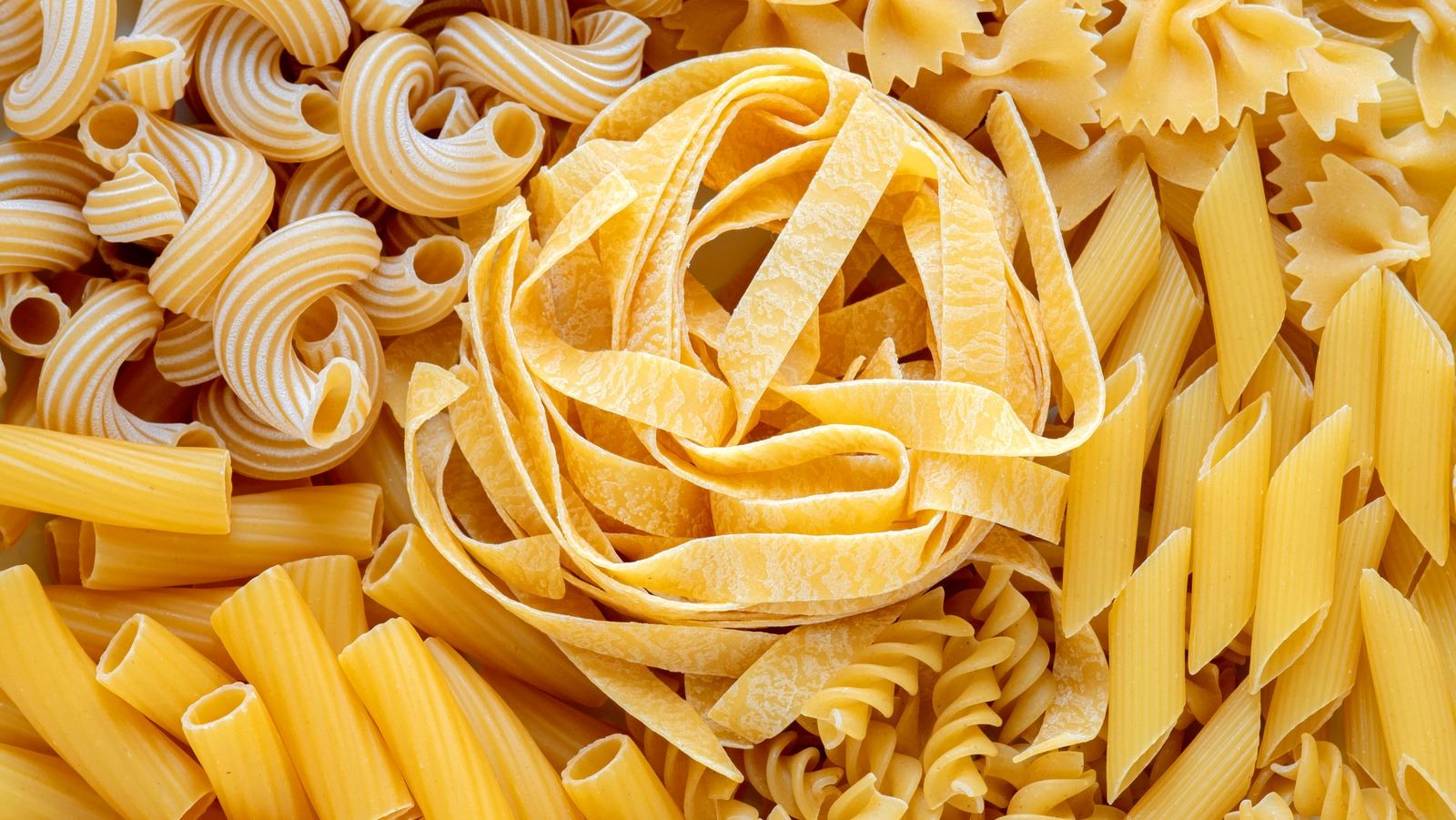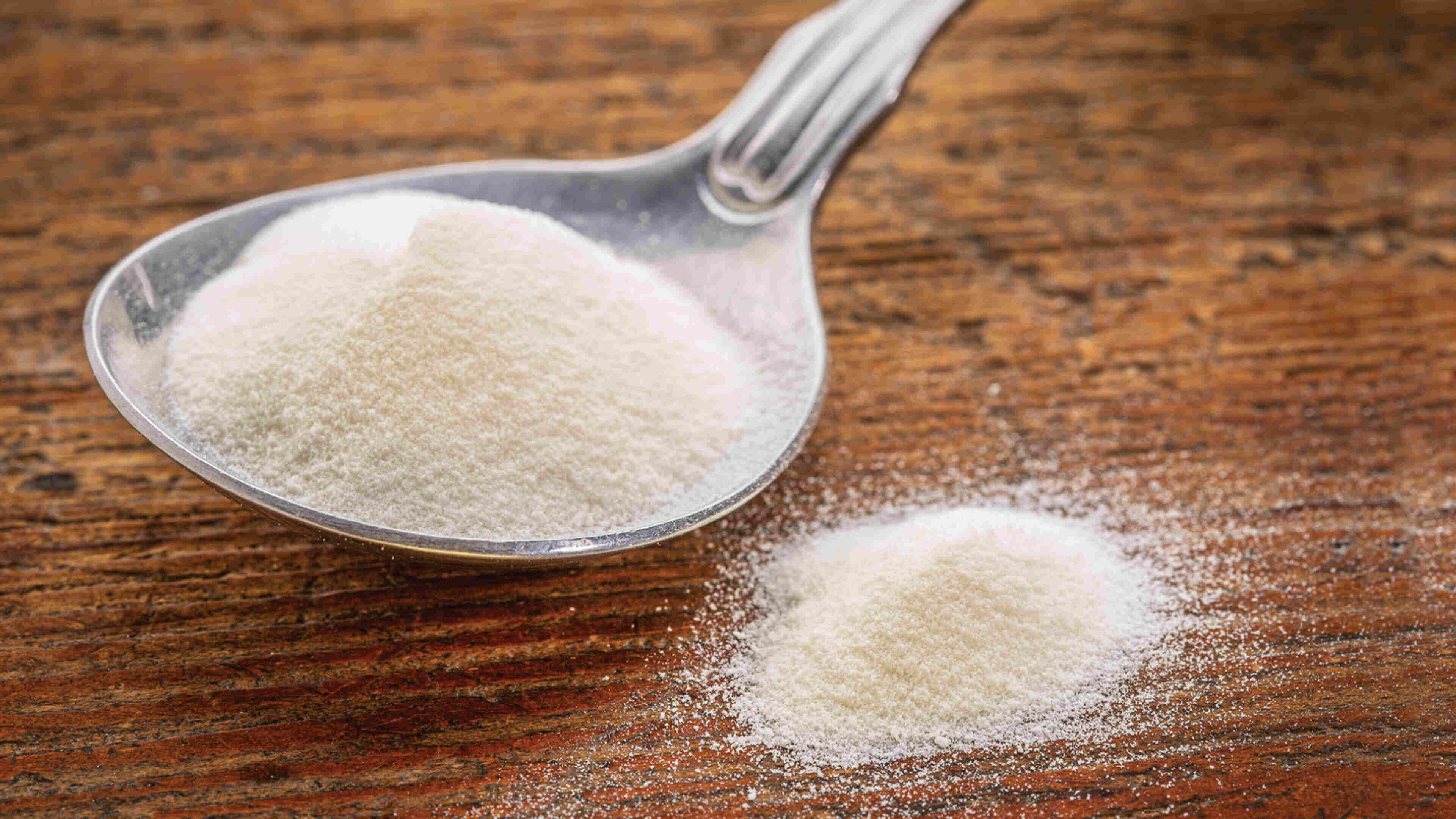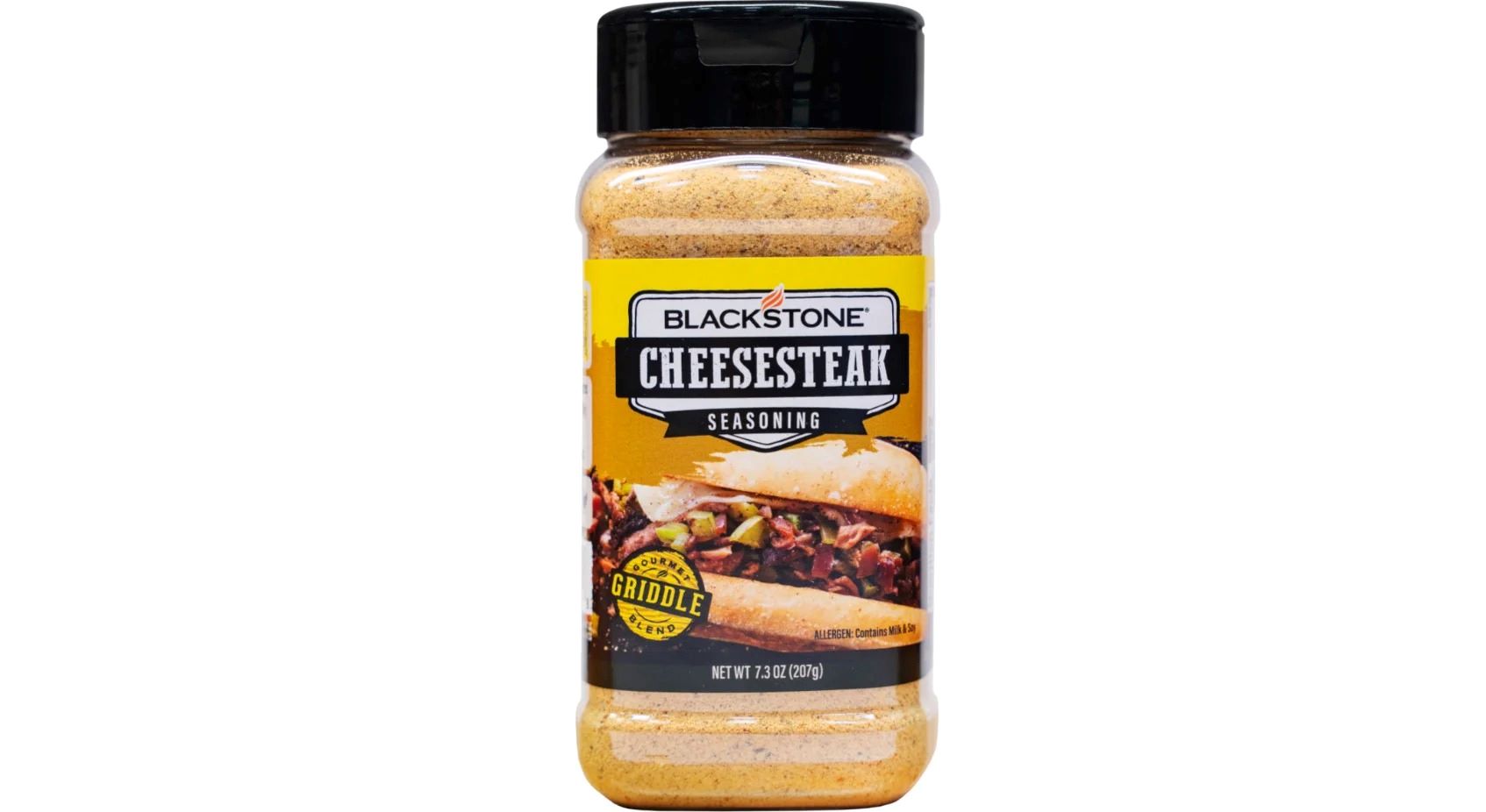Discovering the Mystery of Monkey Milk
When it comes to unique and unusual foods, monkey milk definitely stands out. But what exactly is monkey milk, and why is it gaining attention in the food world? Let’s delve into the fascinating world of monkey milk and uncover the truth behind this intriguing substance.
What is Monkey Milk?
Monkey milk, also known as simian milk, is a rare and exotic type of milk that is produced by certain species of monkeys. Unlike cow’s milk or goat’s milk, monkey milk is not commonly consumed by humans and is not readily available in most parts of the world. However, in some cultures, monkey milk has been used for its purported health benefits and nutritional value.
How is Monkey Milk Produced?
Monkeys, like many mammals, produce milk to nourish their offspring. The production of monkey milk is a natural biological process that occurs in female monkeys after giving birth. The milk is typically used to feed and nurture their young, providing essential nutrients and antibodies for their growth and development.
Health Benefits of Monkey Milk
While the consumption of monkey milk is not common in most parts of the world, some proponents believe that it offers a range of health benefits. These purported benefits include:
- Nutritional Value: Monkey milk is said to be rich in essential nutrients such as protein, vitamins, and minerals, which are beneficial for overall health.
- Immune-Boosting Properties: Similar to human breast milk, monkey milk is believed to contain antibodies that can help boost the immune system and protect against infections.
- Potential Therapeutic Uses: Some researchers have explored the potential therapeutic uses of monkey milk in treating certain health conditions, although more studies are needed to validate these claims.
Challenges and Controversies
Despite the potential benefits associated with monkey milk, there are several challenges and controversies surrounding its production and consumption. These include:
- Availability: Monkey milk is not readily available for commercial production and consumption, making it inaccessible to most people.
- Ethical Concerns: The ethical implications of harvesting monkey milk, particularly from wild populations, raise concerns about animal welfare and conservation.
- Regulatory Hurdles: Due to the limited availability and unique nature of monkey milk, there are regulatory hurdles and restrictions that limit its distribution and use.
The Future of Monkey Milk
As the world of food and nutrition continues to evolve, the future of monkey milk remains uncertain. While it may hold potential as a niche product with unique properties, the challenges associated with its production and ethical considerations may limit its widespread adoption.
Whether monkey milk will become a mainstream food item or remain a rare curiosity, its place in the culinary landscape is a topic of ongoing debate and exploration.
Conclusion
Monkey milk is a fascinating and enigmatic substance that has captured the curiosity of many. While its potential health benefits and nutritional value are intriguing, the challenges and controversies surrounding its production and consumption raise important questions about its place in the modern food industry.
As we continue to unravel the mysteries of monkey milk, it serves as a reminder of the diverse and complex world of food and the ongoing quest to discover new and unique sources of nourishment.
Was this page helpful?
Read Next: What Is Pork Sausage?











